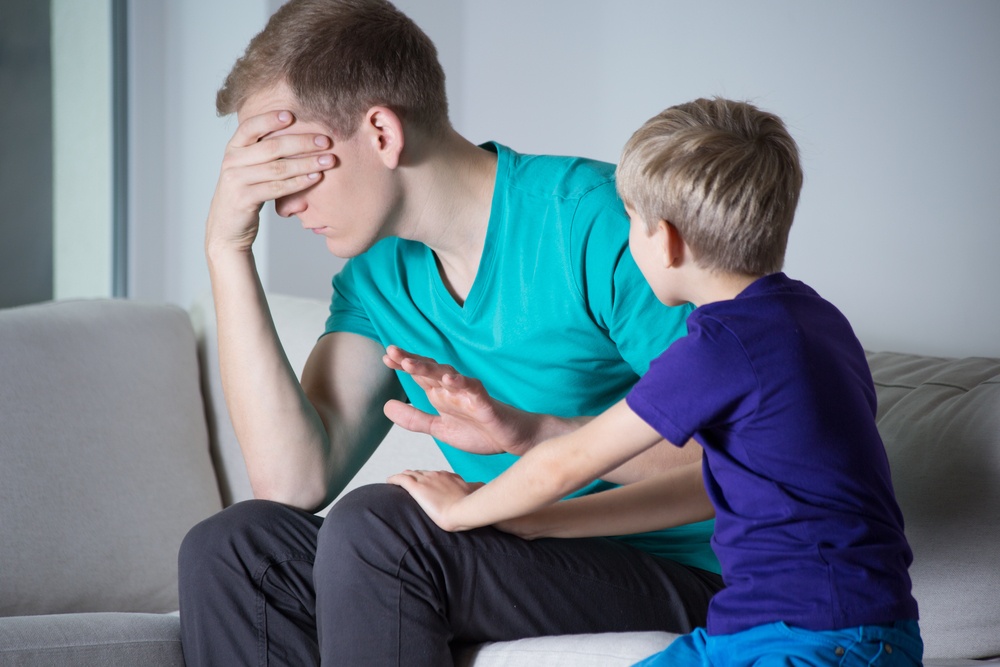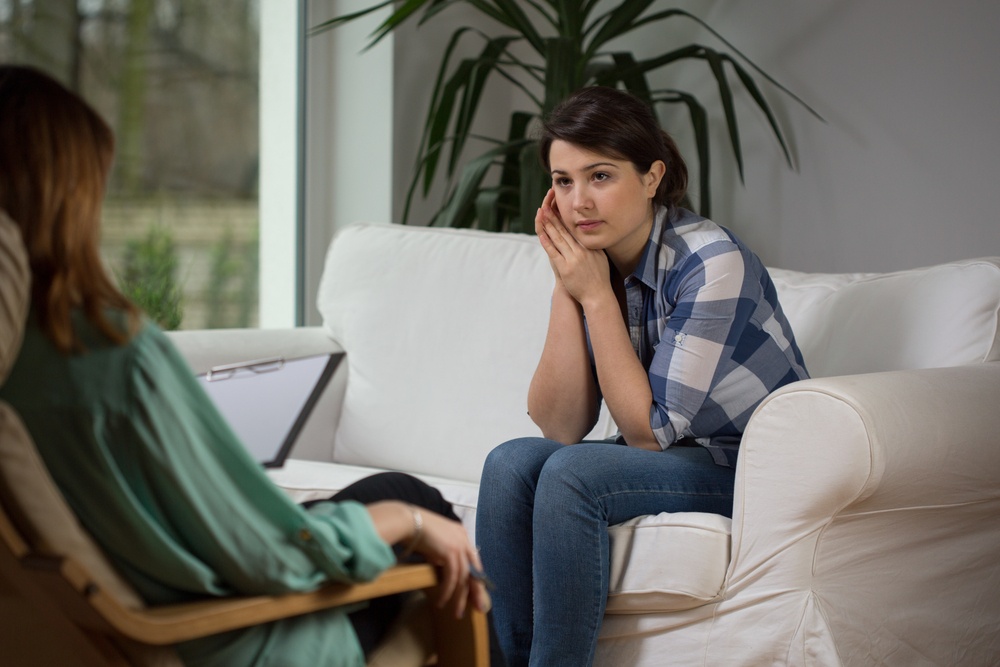
Having a child with an anxious disposition is challenging.
Anxiety is a normal part of development for children and adolescents. Your teenager may be anxious about the big chemistry test. Your kindergartner may be anxious about being left on the first day of school. These types of worries are generally short lived and don’t interfere with living everyday life. You can help your child through the short lived worries with a little encouragement and re-framing of the temporary nature of the situation.
How should you, as a parent, respond to your child’s anxiety?
- Try to prepare your anxious child for new situations by telling them what to expect in advance.
- Allow your anxious child to take a transitional object (favorite blanket, stuffed animal, etc) with them, especially into an anxiety provoking situation.
- If separation anxiety is an issue, allow your child to hold onto something of yours that will help them to know you are coming back and will remind them of you while you are away.
- Gently re-introduce your child to something in their environment that causes them fear or anxiety. For example, continued positive exposure to the hand dryer in the public bathroom will eventually allow them to see there is nothing to fear.
- For an older child, encouraging them to exercise and / or take a walk to work off some of their anxious energy and refocus on something positive or confidence boosting.
- Talking with friends or parents about anxious thoughts can often help an older child feel better.
- Sticky notes with refocusing phrases or Bible verses about anxiety stuck to their bathroom mirror or chemistry notebook, etc. may also help your anxious child. We are so fortunate we serve a loving God, and His word has many things to say about anxiety. Here are a few of my favorite verses.

An important thing to remember is anxious parents make anxious children.
As a parent, you have to learn ways to cope with your own anxiety and set a good example for your kids. Children often reflect their parent’s feelings. There are many ways you can learn to deal with everyday anxieties. Discuss your fears or worries with your spouse or trusted friend from church, remove yourself from an anxiety provoking situation, or focus your energies on the positive things in your life. Examine what God has to say about fears and anxieties, and teach these things to your children.

When does anxiety become a true medical problem that should raise a parent’s concerns?
Anxiety disorders are the most common psychiatric disorders diagnosed in childhood and adolescence. While a child with a true disorder is not as common as a child with an anxious disposition, it is important to recognize the symptoms and seek help for your child. Anxiety disorders range in definition from generalized anxiety disorder, to panic disorders, all the way to obsessive compulsive disorder.
By definition, a disorder is something causing your child to have symptoms more days than not, and interfering with your child’s ability to perform in their daily lives at home and/or at school. Anxiety disorders cause your child significant distress, making them avoid certain situations, places or people. There are many treatment options for children with anxiety disorders. Please talk to your child’s pediatrician if you have concerns.
Anxiety is a natural part of life that God addressed often in the Bible. Parents can help their child manage anxiety by being intentional with stress reducing strategies and consulting medical professionals when necessary.
Author's bio: Andrea Wadley loves Jesus, her family, adventure and caring for kids in our community. She is a pediatrician and owner of 127 Pediatrics. She is the wife of Ron and the mother of Ruby who will be a kindergartener at CCA this year.


